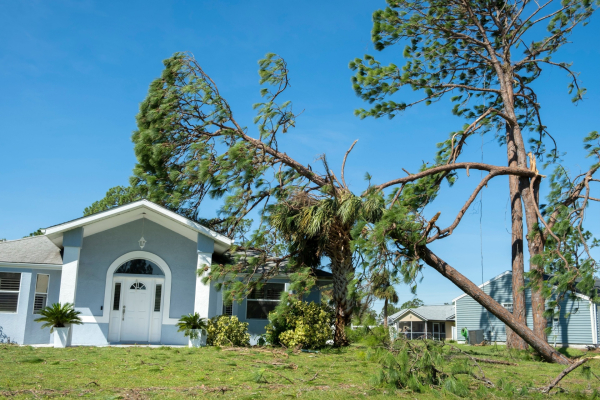

As you approach the finish line in your homebuying journey, you may come across something called hazard insurance in your closing documents. If you’re wondering what it is and why it’s required—don’t worry, you’re not alone.
Let’s break it down in simple terms.
What Is Hazard Insurance?
Hazard insurance, often included as part of your homeowners insurance policy, protects your property from damage caused by specific risks. These “hazards” typically include:
- Fire
- Wind or hail storms
- Lightning or smoke
- Theft or vandalism
- Explosions
- Some types of water or ice damage
If your home is damaged by a covered event, hazard insurance helps cover the repair or replacement costs.
Why You Need Hazard Insurance
If you’re using a mortgage to buy your home, your lender will require hazard insurance before closing. Until you fully repay your loan, the property acts as collateral. Lenders want to protect that investment in case disaster strikes.
Even if you’re buying the home in cash, going without insurance puts your finances at serious risk. One unexpected event could wipe out years of savings.
The One-Year Rule
Most lenders require you to prepay the first year of hazard insurance at closing. This cost will be part of your “prepaid items” listed in your loan estimate and closing disclosure.
It’s a required upfront expense, but it ensures your home is protected from day one—and that your loan can close on time.
How to Choose the Right Policy
Take time to compare quotes from at least three to five insurance companies. You’ll want to review:
- Monthly premium
- Covered hazards
- Deductible amount
- Policy limits
Keep in mind, standard hazard insurance doesn’t cover things like floods, earthquakes, or sewer backups. Depending on your location, you may need extra coverage for those risks.
Also, choosing a higher deductible can lower your monthly premium—but make sure you can afford that deductible in case you ever need to file a claim.
Can You Write Off Hazard Insurance?
In most cases, hazard insurance premiums aren’t tax-deductible unless the property is used for rental or business purposes. However, they can sometimes be included in itemized deductions for second homes or investment properties. Ask your tax advisor for specific guidance.
The Bottom Line
Hazard insurance isn’t just a requirement—it’s an important safety net for your home and finances.
Here’s what to remember:
- It protects your home from specific risks like fire, storms, and theft.
- Lenders require you to have a policy in place before closing.
- You’ll likely need to prepay the first year at closing.
- Shop around to find the right balance of cost and coverage.
Need help finding the right hazard insurance before closing?
Contact us today—we’ll guide you through the process and help you stay on track for a smooth home purchase.
